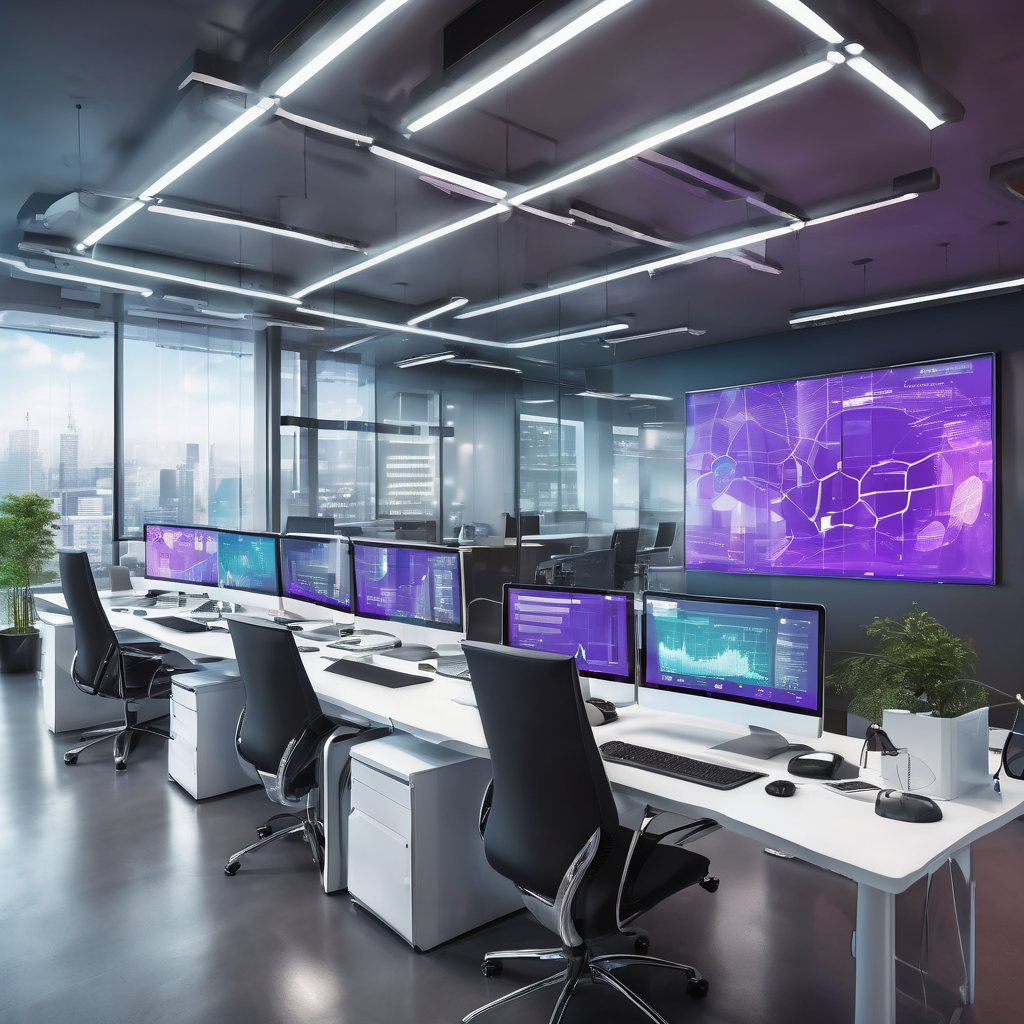
China's ambition to achieve artificial intelligence supremacy by 2030 is facing significant challenges. Despite the recent unveiling of new, somewhat relaxed regulations governing the technology, the country's closed online ecosystems and strict controls on internet content, combined with U. S. restrictions on semiconductor exports, will impede its progress. There were initially high expectations for China to leverage AI's potential in solving pressing global issues. However, the reality today seems less promising. China's latest regulations on generative AI, which involve algorithms trained on large datasets to perform complex tasks, will enable its tech leaders to develop products that rival platforms like OpenAI's ChatGPT. However, the new regulations also imply that national security concerns will hinder the technology's evolution, creating further obstacles for an industry that President Xi Jinping has subjected to a two-year crackdown on capital expansion. These regulations are more stringent and comprehensive compared to similar measures in other regions, such as voluntary codes of conduct adopted in the United States or legislative efforts in the European Union focused on "high risk" AI applications. Nevertheless, the revised regulations demonstrate China's commitment to supporting the nascent AI sector to some extent, primarily targeting consumer-facing services while potentially providing more flexibility for business-focused products. This development should benefit companies like Baidu, which is poised to commercialize its chatbot and enhance annual revenues through AI products. However, China also faces unique challenges. The United States might escalate export restrictions on AI semiconductors to China, a move that could setback companies like Baidu and peer entities by several years if they lose access to chips from providers like Nvidia or AMD. Moreover, while China has surged ahead in mobile payments and other areas, its internet landscape is dominated by a handful of giants operating closed platforms that retain user data exclusively.
This creates disparities between companies in terms of available data, making it difficult for AI models to be trained equally. Bernstein analysts have identified Tencent and ByteDance as the most promising AI contenders, given their extensive reach in China through their social media and video platforms. However, there are additional obstacles to overcome, such as strict censorship requirements and the challenge of developing profitable business models. Microsoft has recently introduced a subscription-based pricing model for generative AI features in its popular office software, but it remains unclear how Chinese software or cloud providers like Alibaba can attract premium prices, especially when mainland businesses lag behind global counterparts in IT spending. Moreover, the fiercely competitive cloud market and slower economic growth will further complicate the monetization of AI products. Perhaps the biggest uncertainty lies in how President Xi will balance the growth of private AI companies with the government's desire for control over strategic sectors. Although officials have reassured investors that the environment for entrepreneurial businesses will improve, stringent licensing requirements and the recently introduced AI regulations suggest that Beijing will maintain a tight grip on the sector. This might explain Alibaba's decision to separate its cloud and data business in an attempt to align with government policies. In conclusion, China's aspiration for AI supremacy has encountered numerous challenges, dampening the initial optimism surrounding its potential. The recently announced regulations, which will take effect in August, aim to establish security assessments and uphold socialist values and national security laws for AI service providers. However, China's closed ecosystems, controls on internet content, and U. S. semiconductor curbs will hinder progress towards AI leadership.
None


AI Generated Content (AIGC) Market Summary AIGC technologies optimize production workflows, enabling enterprises to deliver content faster while maintaining brand consistency amid evolving market demands

Mike Crosby of Circana highlights the channel’s agility in quickly spotting opportunities to grow business, noting an acceleration already underway.

Asking Google’s AI video tool to create a film about a time-traveling doctor flying around in a blue British phone booth unsurprisingly yields a result resembling Doctor Who.

In today’s rapidly evolving digital environment, businesses face growing challenges to maintain online visibility and competitiveness.

Google has launched Veo 3.1, the latest version of its advanced AI-driven video generator, marking a major advance in AI-based content creation.

SOMONITOR is an innovative explainable AI framework designed to boost the efficiency and effectiveness of marketing strategies by combining human intuition with advanced artificial intelligence capabilities.

During the 2024 holiday season, the adoption of AI-powered chatbots significantly improved the online shopping experience for U.S. consumers, driving a notable increase in sales.
Automate Marketing, Sales, SMM & SEO

and get clients on autopilot — from social media and search engines. No ads needed
and get clients today